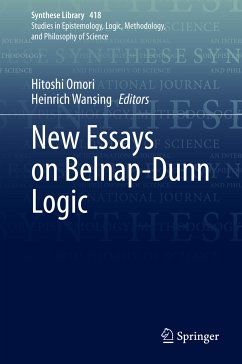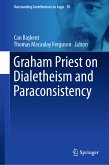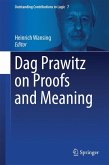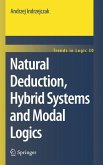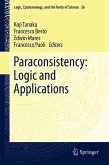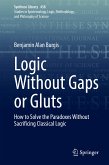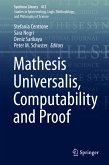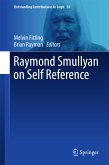Besides the original, monumental papers, the book also includes research by leading scholars. They consider the extraordinary importance of Belnap-Dunn logic from several perspectives. They look at how, philosophically, it has served as a basic system of inconsistency-tolerant reasoning, as the core of underlying logics for theories based on dialetheism, and, more recently, for theories based on Buddhist philosophy. Coverage also explores its contributions tocomputer science, such as knowledge representation and information processing.
This mix of seminal papers and insightful analysis by top scholars offers readers a comprehensive outlook on Belnap-Dunn logic and its related expansions, which have been agenda setting for the debate on philosophical logic as well as philosophy of logic. The book will also enhance further discussion on the philosophical issues related to nonclassical logics in general.
Dieser Download kann aus rechtlichen Gründen nur mit Rechnungsadresse in A, B, BG, CY, CZ, D, DK, EW, E, FIN, F, GR, HR, H, IRL, I, LT, L, LR, M, NL, PL, P, R, S, SLO, SK ausgeliefert werden.

